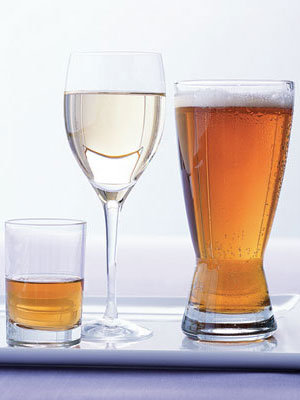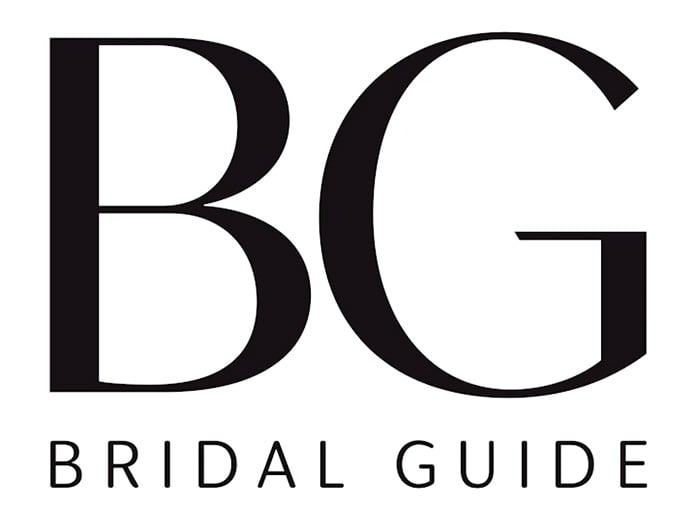Use these great tips to help you choose wines and liquors that won’t swallow up your entire wedding budget.
By: Elena Donovan MauerOne of the biggest wedding no-nos is having a cash bar at your reception—guests should never have to pay to enjoy a few drinks at your wedding. So, with the bar bill threatening to squeeze
anywhere 10% to 20% from your total budget, what’s a bride to do? Here are a few great cost-cutting options.

Ask Questions
- First, arm yourself with as much information as you can get about your venue’s bar policies. Find out if you’re required to order wine and spirits through them, or if you will be allowed to bring in your own libations. You may be able to save money by purchasing your liquor from another supplier, but if your venue charges a corkage fee, you could be required to pay an extra $10 to $35 per bottle.
- Your site may charge a flat rate per guest or determine the fee by the number of drinks poured. If your venue allows you to choose your payment option, it can help you save if you have an idea about how much your crowd is apt to drink.
- Also, find out how much your site marks up its wines, which can vary from bottle to bottle. “You can save by choosing a brand with a smaller markup,” says Saurabh Abrol, owner of winechateau.com. You may even be able to afford a wine with a slightly higher base price if it has a smaller mark-up.
- If your site’s house wine and premium brands are costly, ask them to order non-brands or less expensive wine. And inquire as to what happens to any bottles leftover from the reception that you’ve paid for. You may be able to return full ones to your supplier and you can use the partial ones to stock your own bar at home.
Make a Timeline
- Consider limiting the amount of time that alcoholic beverages are available, which will cut down on bartending fees and the number of total drinks served. “Don’t serve alcohol before the ceremony,” says Harriette Rose Katz, a wedding planner in New York City. Instead, offer warm apple cider or iced tea with mint, depending on the season.
- Another option is to close the bar during dinner and have waiters pour wine at the tables. Also, consider closing the bar for good about an hour before the reception ends. Instruct bartenders to only open new bottles as needed and clear only empty glasses from tables so guests won’t end up making needless repeat trips to the bar.
Choose Wisely
- As nice as it is to have a bar with top-shelf liquor, it’s not a must; lower-priced versions are just as acceptable. And you don’t have to offer a fully stocked bar either. “Have the main ingredients on hand to make basic drinks,” says Abrol. “Include rum, tequila, vodka, red wine and white wine.” If, for example, you know you have a lot of spiced rum drinkers in your crowd, you may want to provide that; otherwise, you can stick to the staples.
- If you’re on a really tight budget, consider keeping to just wine, champagne and sparkling water. “I think that’s perfectly okay,” says Katz. Or, serve a signature cocktail and provide wine and beer.
Explore Alternatives
- Champagne can be costly, so when toasting time comes, guests can just raise a glass of whatever they’re drinking. Can’t do without the bubbly? Abrol recommends sparkling Italian wines at a lower price, like Prosecco—and his personal favorite, Franciacorta. “It’s an excellent value,” says Abrol, adding that it tastes like a $75 bottle of champagne while costing only $25.
- Keep an open mind to wines from around the world. “People are drawn to wines that are heavily marketed and at times overpriced,” says Abrol. “You can have wine with the same complexity for half the price if you choose something from Spain, Chile or South Africa.” We’ll drink to that!
Read More


